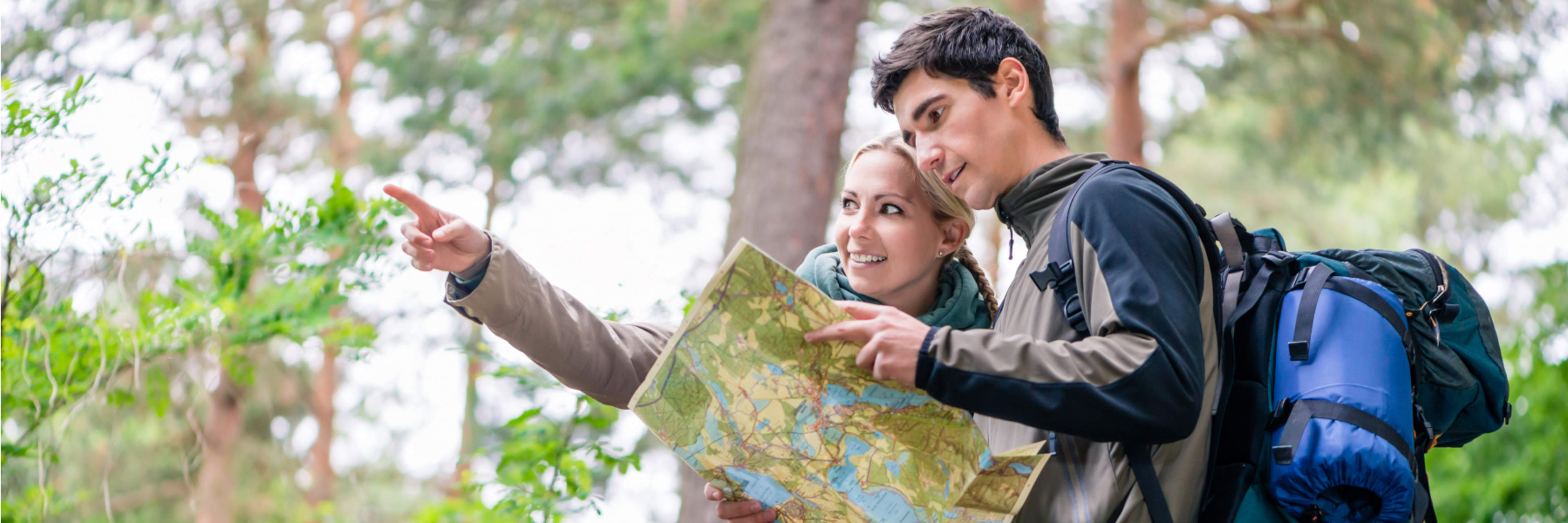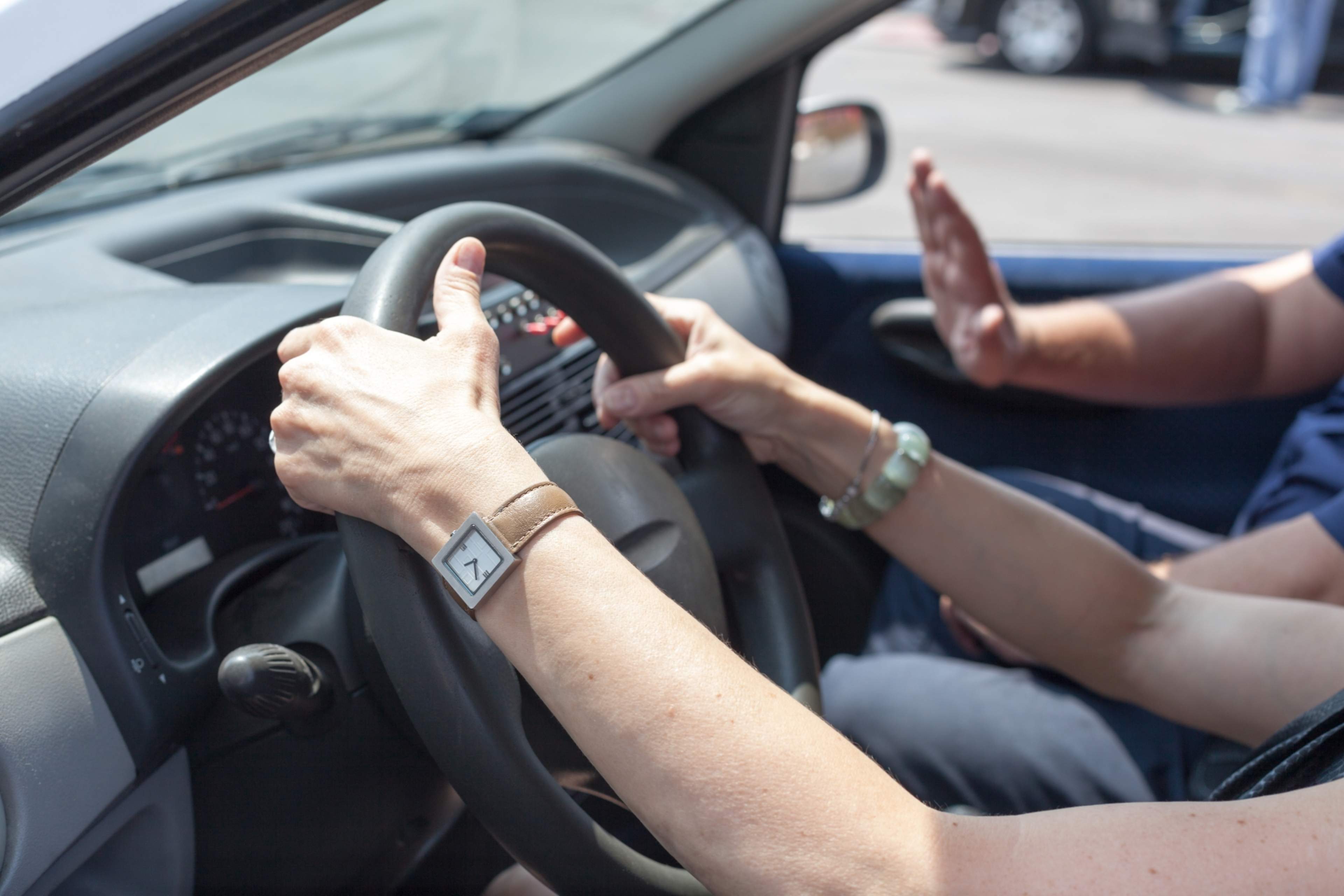Always check or scan your blood sugar before you drive. If your blood sugar is below 5 mmol/l, to be on the safe side, eat a small snack with 10–20 g of carbohydrates without rapid-insulin. If the driving distance is long, check your blood sugar at least every few hours.
Keep some edible or drinkable carbohydrates that quickly raise your blood sugar, such as glucose pastilles (Siripiri® or Dexal®), bags of glucose or sugary juice boxes, readily available in your car. If you get low blood sugar symptoms while driving:
Quickly eat or drink some fast-absorbed carbohydrates
A suitable dose to correct your blood sugar is 20 g of carbohydrates, for example, eight glucose tablets or 2 dl of juice.
Stop as soon as it is safe and check your blood sugar.
Wait for 45–60 minutes because, even though your blood sugar level will increase fairly quickly, it takes your brain a bit longer to recover.
Check your blood sugar again and, if need be, eat some more before you continue your journey.
High blood sugar can also make you tired and less alert. Other medical conditions and their treatments as well as complications related to diabetes, especially cardiovascular diseases, can affect your driving health.


